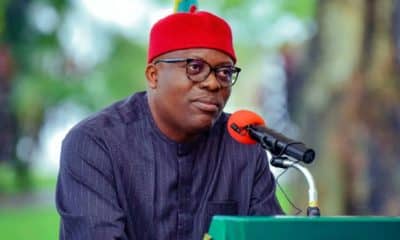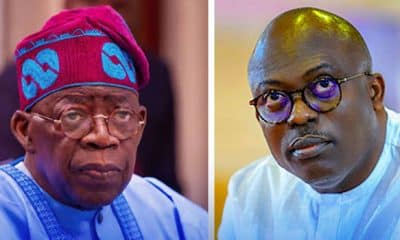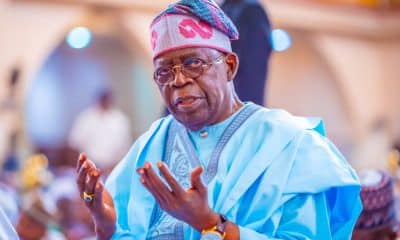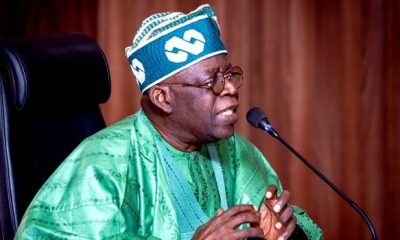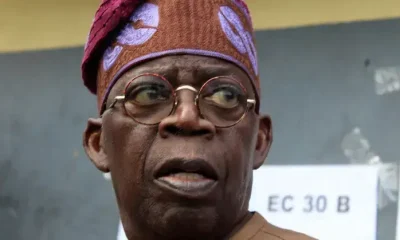Nigeria News
Rivers Administrator, Ibas Makes Fresh Appointments Hours After Appointing LG Administrators
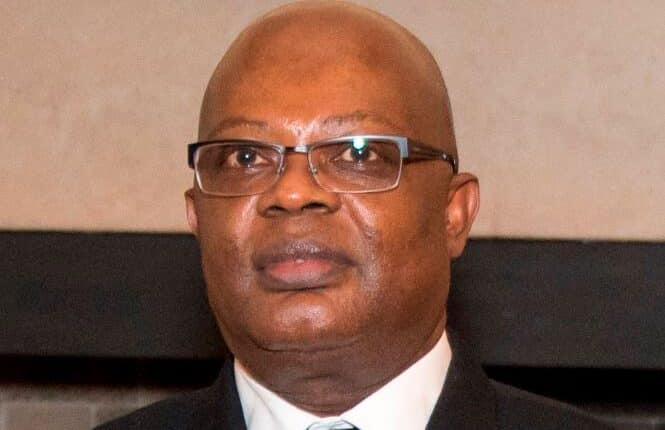
The Sole Administrator of Rivers State, Vice Admiral (Rtd) Ibokette Ibas, has made significant strides in reshaping the state’s administrative landscape, announcing new appointments to the Civil Service and Local Government Service Commissions.
These changes come alongside the controversial appointment of administrators for the 23 local government councils, despite a restraining order from the Federal High Court.
In a formal announcement on Wednesday, a special statement signed by the Secretary to the State Government (SSG), Professor Ibibia Lucky Worika, confirmed the appointments, which include prominent figures across various state commissions.
The newly appointed members to the Civil Service Commission are:
Dr. Livinus Bariki – Chairman
Amb. Lot Peter Egopija – Member
Mrs. Maeve Ere Bestman – Member
Mrs. Joy Obiaju – Member
Mrs. Charity Lloyd Harry – Member
Meanwhile, the Local Government Service Commission sees the following appointments:
Mr. Israel N. Amadi – Chairman
Mr. Linus Nwandem – Member
Lady Christabel Ego George Didia – Member
Dr. Tonye Willie D. Pepple – Member
Barr. Richard Ewoh – Member
Rear Admiral Emmanuel Ofik (Rtd) – Member
Dr. Sammy Apiafi – Member
Professor Worika confirmed that these appointments are effective from April 7, 2025.
Controversial Moves Amid Legal Challenges
The latest appointments come on the heels of Vice Admiral Ibas’s controversial actions, including the appointment of administrators across all 23 local government councils in the state.
This decision remains in defiance of a Federal High Court restraining order. Additionally, the Sole Administrator has made appointments to the Rivers State Independent Electoral Commission (RSIEC) in what is seen as a consolidation of power.
These developments have ignited widespread speculation that Vice Admiral Ibas is working to dismantle the remnants of the political structure built by the suspended Governor Siminalayi Fubara, effectively reshaping the state’s political machinery.



